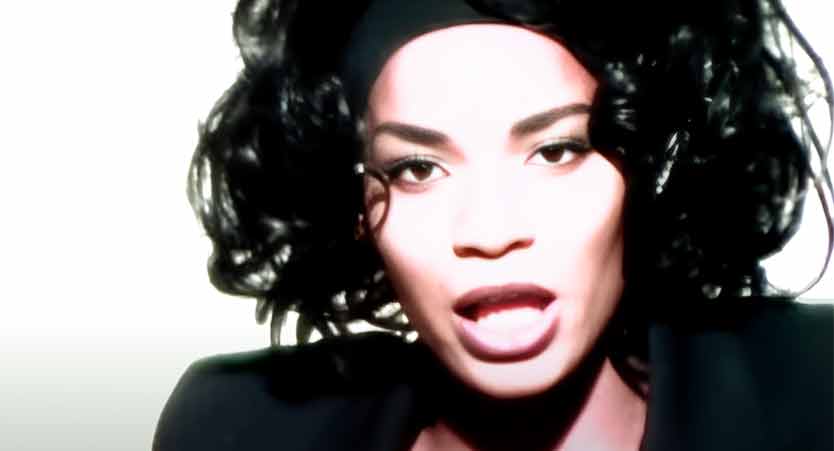Black Box – Everybody Everybody
The House Anthem That Refused to Sit Still
In 1990, Italian production trio Black Box lit up dancefloors worldwide with “Everybody Everybody,” a surging house anthem that fused Italo precision, gospel power, and undeniable bounce. Crafted by Daniele Davoli, Mirko Limoni, and Valerio Semplici, the track was a peak moment in early ’90s dance music—brilliantly bold, endlessly energetic, and unapologetically fierce.
But beneath the floor-filling groove was a vocal drama that helped reshape the music industry.
Sound: house beats and diva dynamite
“Everybody Everybody” hits from the start with a pounding 4/4 beat, a funky synth bassline, and crisp piano stabs. There’s synthetic brass, strings, and all the ingredients of a high-end Euro-house production. It’s composed in F minor at 118 BPM—just right for aerobic club sweat and retro fitness montages.
But the real kicker is the vocal: a towering, gospel-infused performance with raw control and fire.
Enter Martha Wash, whose A♭3 to F5 range powers the track with grit and glory. Her voice was sampled and restructured into jittery bursts—a defining style of the genre. The hook is pure chant and pure charge: “Everybody, everybody / Everybody, everybody…” It’s a loop, a call, a rhythm—built for movement.
The controversy: a voice without a face
At first, Martha Wash wasn’t credited at all. Instead, Black Box used French model Katrin Quinol to lip-sync the vocals in music videos and live performances. Wash, already familiar with this kind of erasure from her work on C+C Music Factory’s “Gonna Make You Sweat,” decided enough was enough.
She filed a lawsuit in September 1990 for false representation and lack of vocal credit. The case was settled out of court in December, leading to a landmark industry shift: major labels began requiring proper credit for vocal performances—a change that extended well beyond club tracks.
Wash was retroactively credited, and her fight became one of dance music’s most important backstories.
Chart climb: house music finds the mainstream
Released as the third single from Black Box’s debut album Dreamland (1990), “Everybody Everybody” climbed to No. 8 on the Billboard Hot 100 in October and topped the Dance Club Songs chart in July. In the UK, it reached No. 16, with additional success in Canada, New Zealand, and Australia.
It wasn’t just a hit—it was an entry point for house music into mainstream pop consciousness.
Legacy: the beat won’t quit—and neither did she
More than three decades later, “Everybody Everybody” still slaps. It’s a staple in retro club sets, sampled by countless artists, and embraced by DJs, fitness instructors, and remixers alike. It appeared in Family Guy, The People v. O.J. Simpson, Master of None, and was reimagined as “Todo El Mundo” by Proyecto Uno.
Billboard ranked it #41 on their 100 Best Dance Songs of All Time (2025)—not just for its beat, but for its boldness.
Yes, it’s an anthem for bodies in motion. But it’s also a track that stood up for artists’ rights. Because while the beat kept going, Martha Wash made sure her voice couldn’t be ignored.
